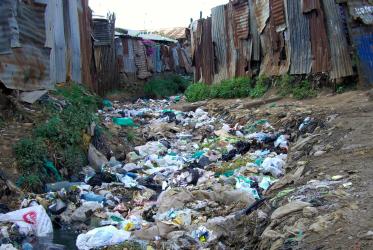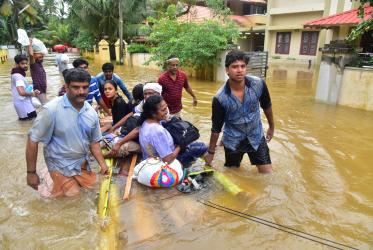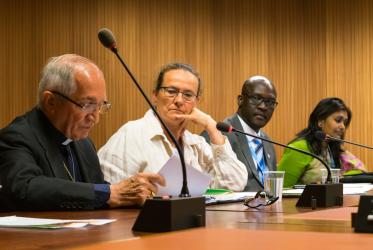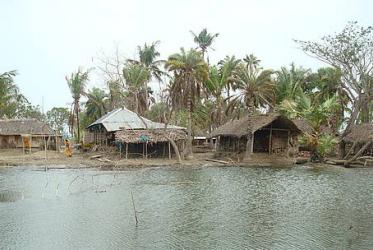Displaying 1 - 20 of 20
On World Toilet Day, sanitation is “an issue of justice”
16 November 2020
Churches should use their voice on climate change
26 February 2020
Church response to Australian bushfires hinges on preparation
07 January 2020
All pilgrim routes lead to COP24
11 December 2018
Consultation considers right to food in context of climate change
15 December 2015
Land rights focus of panel discussion
17 November 2015
Pilgrimage of justice and peace gives vision for WCC programmes
22 November 2014
Churches engage in development dialogue on Africa
06 March 2013













